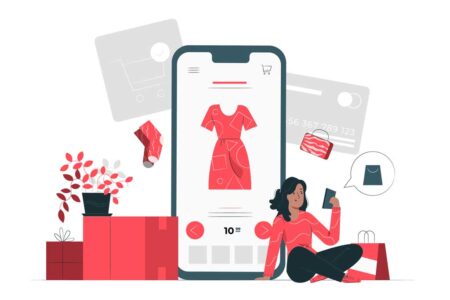Running a business? Consider a side gig.
Today’s economy is substantially based on gigs – side jobs and temporary occupations designed to complement a main career. The appeal is pretty obvious: Side gigs allow you some flexibility, helping you secure a line of revenue while you’re in between jobs or giving you some extra income in addition to your full-time job.
But for entrepreneurs who are traditionally focused exclusively on their businesses, side gigs seem like a distraction more than anything else. After all, every hour you spend on a side gig is an hour taken away from your business.
In reality, entrepreneurs can benefit enormously from picking up a side gig – and in more ways than just making extra money.
Key benefits of side gigs for entrepreneurs
Below are some of the most important benefits for entrepreneurs when picking up a side gig:
Investment income. First, you’ll have the opportunity to make some investment income. The extra revenue will be nice if your business is in its early stages, and you aren’t drawing a consistent salary. But even if you’re making enough money to live off of, the cash you make in a side gig will give you “fun” money that you can use to day trade stocks or invest in long-term assets. In an ideal world, your business will become radically successful, and you can retire off the income it generates, but it never hurts to have a backup plan.
Hedging your bets. Speaking of backup plans, there’s always the possibility that your business could collapse, leaving you without a job and without income unexpectedly (even if your business is currently in relatively good shape). Picking up a side gig gives you the opportunity to start a pseudo-career that you can lean on in the event of a catastrophic meltdown. Depending on what the side gig is, this could lead to a new career and job opportunity, or just provide some extra money for your living expenses; either way, it can be beneficial.
Introductions and exposure. Everything you do in public is going to introduce you to more people, whether that’s attending professional networking events or driving people around town in your personal vehicle. Every new introduction is a new opportunity, whether that’s in the form of a partner, a client, or an employee, so picking up a side gig will automatically give you new opportunities as a business owner. You might even get the chance to pitch your main business while you’re performing your other job.
Personal branding benefits. If your side gig involves the use of social media or other forms of personal interaction, you’ll get the chance to develop your personal brand, earning more followers and extending the reach of your personally developed content. This is instantly going to increase the exposure your business gets online and could help improve your reputation at the same time.
Skill development. Most side gigs will give you the opportunity to develop new skills that could be of critical use to your main business. For example, if you pick up programming as a side gig, you’ll learn how to develop applications on your own, and you can use those skills to develop your own business’s apps, saving money on hiring another professional to do it. Even if you don’t do the work yourself, your exposure to these different worlds will come in handy when interviewing candidates or negotiating price.
Getting Started
If you’re not sure how to get started with a side gig, these are just a few of the most popular choices (and the ones with the fewest barriers to entry):
- Capitalize on an existing system. Consider capitalizing on an existing system designed to promote side gigging, such as ride-sharing apps like Uber and Lyft. These systems don’t generally require special skills, plus they are easy to start and stop at your leisure.
- Make something. You can usually turn a profit by creating something from scratch, such as an art, a craft, or something digital like an app or article.
- Rent your assets. If you own a home, you can rent out a room or invest in a rental property and start attracting tenants. If passive income is your preference, this is usually a good option.
Starting a side gig doesn’t mean you need to spend less time on your business. You don’t need to spend long hours at your side gig, or make any long-term commitments. Every entrepreneur will have different goals, different desires and a different schedule to work with, but that’s the beauty of side gigging. No matter who you are or what you’re doing, there’s room for you to pick up a side hustle.




